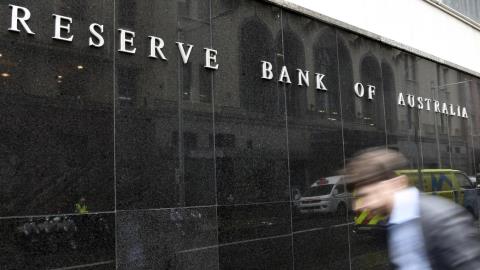The Reserve Bank of Australia (RBA) is placing emphasis on the issuance of a wholesale central bank digital currency (CBDC) as opposed to a retail CBDC, stating that a compelling business case for the latter has not yet materialized.
This perspective is detailed in a review from the central bank and treasury that encapsulates the findings of current CBDC research. The report outlines a three-year roadmap for advancing digital currency initiatives in Australia. It concludes that a solid public interest case for introducing a retail CBDC has not been established, partly because Australia’s existing retail payments system is already effective and resilient.
The RBA points out that in countries where retail CBDCs have been launched or are under consideration, the main motivations for such initiatives do not hold the same weight in Australia. However, the RBA and Treasury remain open to revisiting this assessment as the potential advantages and drawbacks become clearer, both internationally and domestically.
Additionally, the report emphasizes the potential role of a wholesale CBDC, along with other forms of digital money and infrastructure enhancements, in improving the functionality of wholesale markets in Australia.
Brad Jones, assistant governor (Financial System) at the RBA, stated, “The RBA is making a strategic commitment to prioritize its work agenda on wholesale digital money and infrastructure, including wholesale CBDC. Currently, we believe that the potential benefits are more promising and the challenges less daunting for wholesale CBDC compared to a retail CBDC.”
Next month, the RBA plans to initiate the public phase of ‘Project Acacia’, which aims to explore ways to enhance the efficiency, transparency, and resilience of wholesale markets through tokenization and new settlement infrastructure. This project will focus on how new ledger arrangements and concepts like ‘programmability’ and ‘atomic settlement’ in tokenized markets can unlock benefits for the Australian financial system and broader economy.
Jones remarked, “This initiative will be part of a larger effort to increase our engagement with industry and other stakeholders on how our monetary arrangements could better support the Australian economy in the digital age.”
